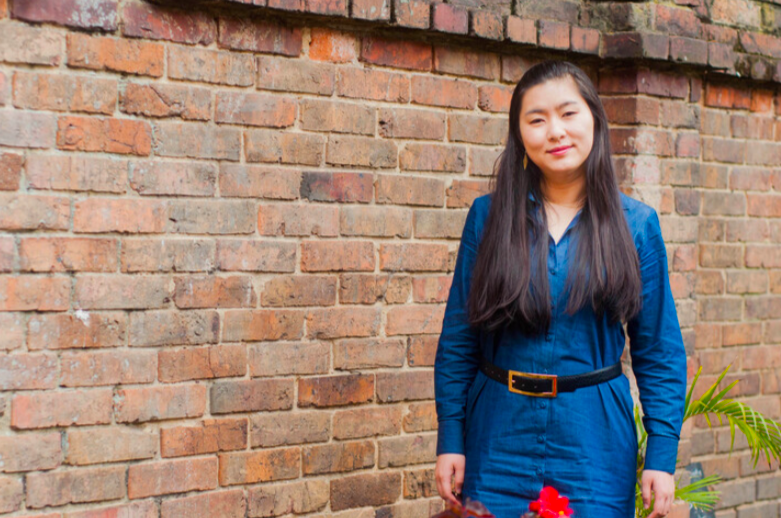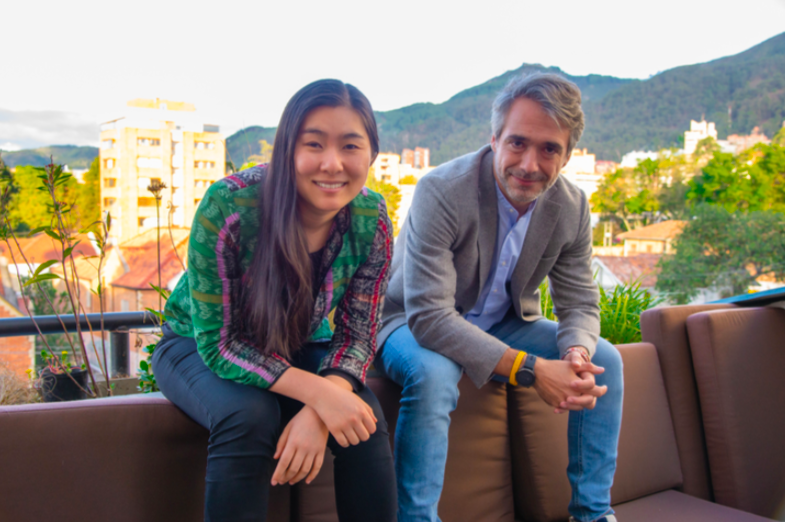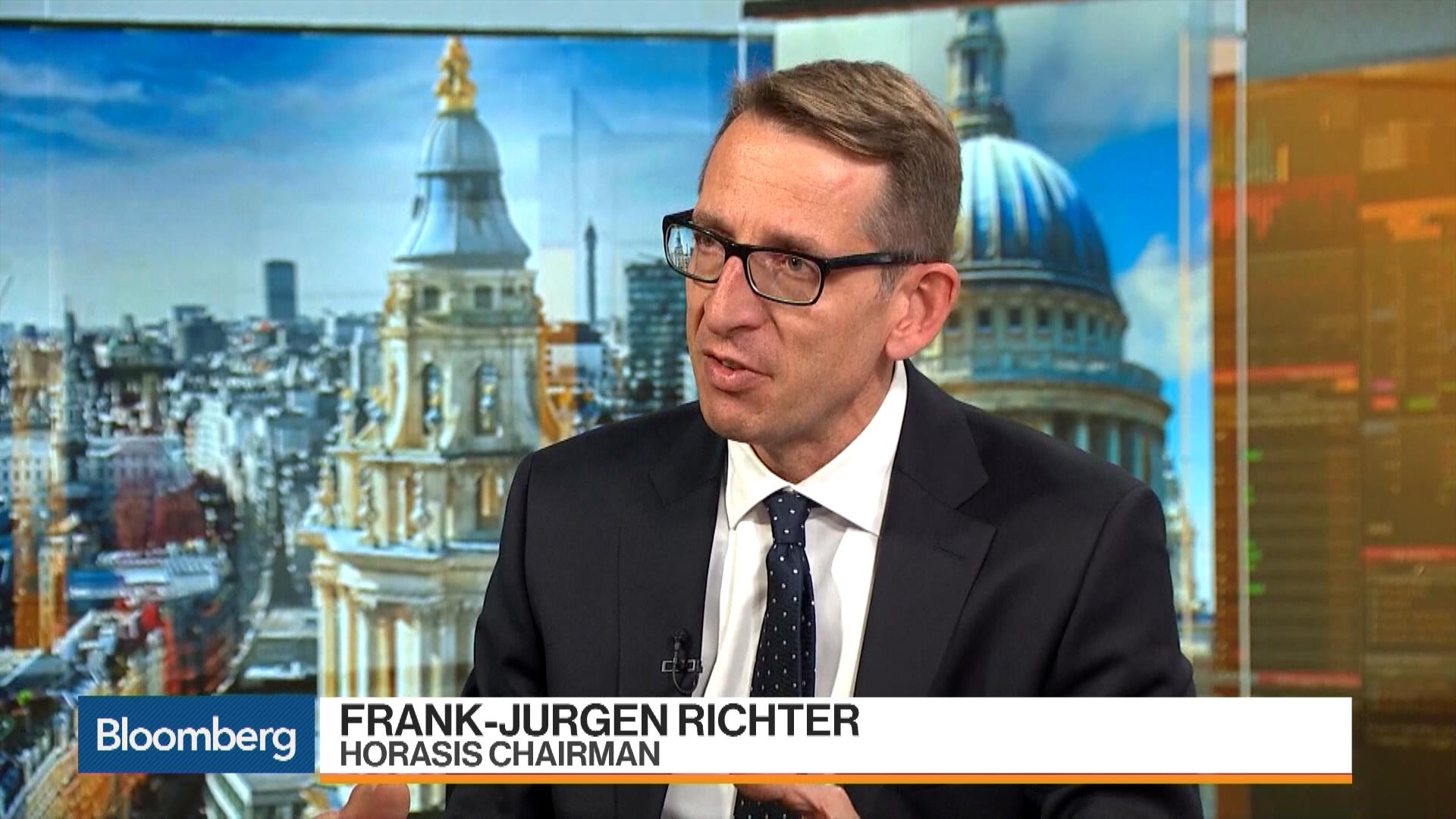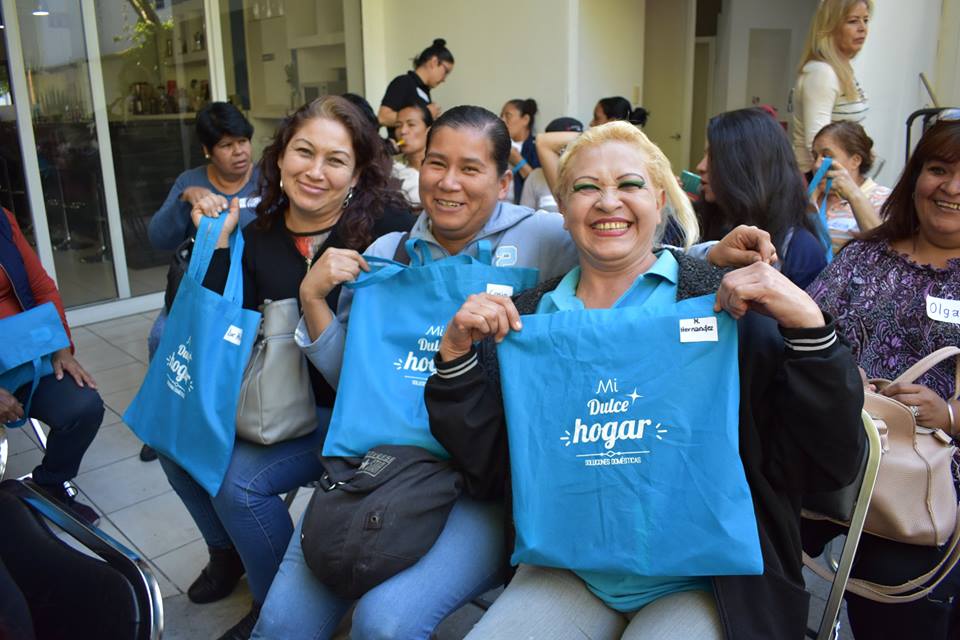Latin America (LatAm) has a unique business landscape, with its own set of advantages, challenges, and everything in between. One might even say that the LatAm market can be described as a functioning dichotomy.
On the one hand, the region has a huge economic gap that was only exacerbated by the pandemic—with a recent study showing that an average increase in inequality overall in LatAm was observed despite differences in country, age of household head, or socioeconomic status.
On the other hand, venture capital (VC) investments came in at more than $15.7 billion in 2021 for the region, more funding than in the previous ten years combined, and private capital reached a new record of $29.4 billion in the region.
This divergence shows a clear need to find a way to bolster the economy as a whole, which can only come from bridging the gaps on either side of the economic spectrum. With a lifted middle class, people from all backgrounds can find opportunity in a quickly evolving business landscape—ensuring that their contributions to LatAm’s society have a chance at success and sustainability.
Let’s take a look at how a proper company model helps to provide a long-term solution for businesses across the board who hope to tap into the new fusion of VC that was seen in 2021.
The Rise of The Middle Class
A recent study showed that by 2030 the long-awaited rise of the middle class in Latin America will be in full swing, with its share projected to be at 43% of the region’s population, twice what the value was in 2005.
Although these predictions demonstrate steps in the right direction, the business world in Latin America is still missing key foundational measures to ensure that these changes can be achieved, and for good.
“Systemic change can’t be this finite, cut dry solution,” says co-founder & CEO of Venture Studio Polymath, Wenyi Cai. “Typically with paradigm shifts, it’s a behavioral change that is needed, where you have to reprogram a whole society to open the door for a demographic that hasn’t had a door open for them for a long time.”

For LatAm to truly catch up to their international counterparts in the world of business, integrations for a sustainable middle class are necessary. This means training businesses on how to lift themselves up in the modern, and digital, business landscape that is 2022.
“For people running smaller businesses, they don’t yet understand all the complexities and different technologies that are needed to run a company at scale in today’s business environment,” says Cai. “This is especially true for more traditional businesses in service that tend to universally lack access to markets and don’t yet have digital marketing know-how.”
Building company models challenge accelerators in developing countries, helping them to address the overlooked and unattended areas in the growing enterprise pipeline. This helps not only provide modern-day savvy and infrastructure to build a strong business foundation, but it ultimately helps new companies gain validation in the face of available investors.
Let’s take a look at how Cai’s company, Polymath, is fulfilling this call to action in the LatAm region.
Converging Classes
“I think there are, in essence, two societies that coexist in Latin America, they interact, but they don’t integrate and the resources from one don’t go to the other,” continued Cai. “This makes for variable access to markets across regions.”
Polymath is a venture studio that is aimed at building companies from scratch to make a mark on the business scene in LatAm, opening up the market to proprietors no matter their socio-economic background. Wielding knowledge that is specific to the region’s unique set of business advantages and challenges is Cai’s partner, Co-founder, and CFO Carlos F. de la Pradilla.

Carlos was most recently a Partner at N+1 Mercapital, where he spent nine years leading its operation in the Andean Region. He holds an MBA from IE Business School, a Master in Corporate Finance from IEB, and a degree in Law from Universidad Autónoma de Madrid. He has also been a founder and angel investor of start-ups in both Spain and Colombia, giving him versed experience to help Polymath bring the right business insight for building company models in LatAm.
Working to bridge the talent and capital gap and solve the most complex challenges of the region, Polymath is geared at “empowering the middle class and building the foundation of a more equal, stable, and prosperous society.“
“I think that many of the things related to the current economic health in LatAm are related to the region’s history of capital markets,” said Cai. “This is particularly decisive in terms of the private market, and determining whether both the public and private markets have equal access to the infusion of capital that we saw in 2021.”
The company hopes to be a liaison to proprietors in LatAm as the region navigates its current economic metamorphosis, providing the tools they need to build a successful business.
Helping to build large and transformative companies for the emerging middle-class, Polymath is helping build a bridge between the lower and upper classes so that everyone, no matter where they reside in the economic spectrum, can have the same access to opportunity.
Building a Sustainable Future in LatAm
Although LatAm’s rapid advancement is on pace with the growth seen in the early days of Silicon Valley, the region is still underfunded on an international scale. In comparison to Southeast Asia—an area with the same population size—the region came in at almost twice what LatAm’s banner year in VC did at $25.7B in funding for 2021.
In order for LatAm’s middle class to level up, companies need to construct the proper infrastructure for their regional business landscape so that they can maintain capital sustainability no matter the changing tides of investment.
Once a company achieves product-market fit in its industry, it has the opportunity for massive growth—especially with the opportunity to tap into VC. Venture studio Polymath is helping companies in LatAm to do this by paving the way for them to utilize their total potential, no matter which class they hail from.









